Russia wants to strengthen mutually beneficial scientific cooperation in the Arctic region and is ready to consider proposals related to the Snowflake project.
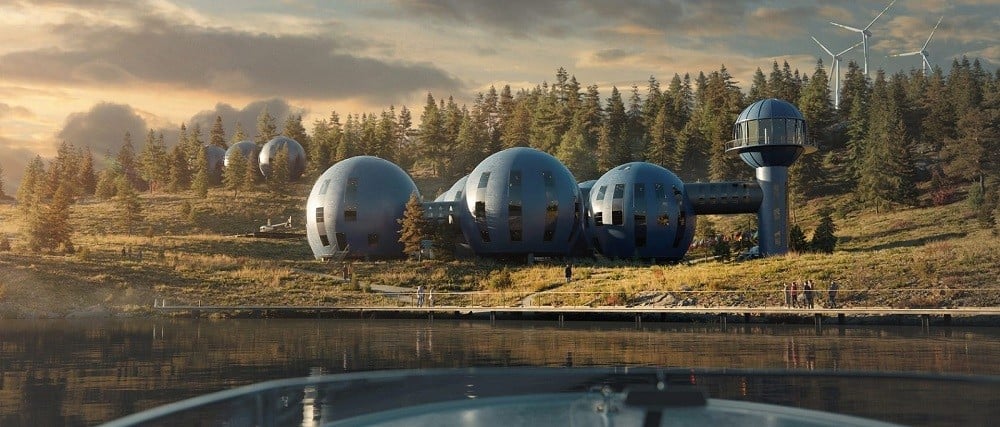 |
| Russia and China will cooperate on the Snowflake International Arctic Station project. (Source: arctic-mipt) |
On September 16, Russian Foreign Ministry Ambassador-at-Large Nikolai Korchunov said that his country and China are about to sign a cooperation agreement on the Snowflake International Arctic Station.
“The draft cooperation agreement has been agreed with China. The date and venue for signing are being worked out. Interested scientific and educational institutions, as well as Chinese companies, can participate in this project,” he said.
China's Ministry of Science and Technology has now selected Harbin University of Technology as a partner with Russia's coordinating body in the project.
Nikolai Korchunov said Russia wants to strengthen mutually beneficial scientific cooperation in the Arctic and is ready to consider possible national proposals regarding cooperation on Snowflake.
The Snowflake International Arctic Station (Snezhinka) is designed as a year-round research facility powered by renewable energy and hydrogen fuel. The station will consist of several dome-shaped buildings connected by walkways.
The location of the buildings from above resembles a snowflake. That is why the Arctic station project is named this way.
In related news, in an interview with the New York Times (USA) about relations with Russia, Finnish President Sauli Niinisto emphasized: "I don't mean a great friendship but the ability to tolerate and even understand each other a little."
The leader also added that there was a need for trust after the end of the Ukraine conflict to ensure “a new conflict does not wait behind the door”.
Commenting on the risk of nuclear war, the Finnish President said that countries supplying weapons to Ukraine need to consider the possibility of the conflict escalating into “a bigger war, a world war”.
“We are in a very delicate situation,” he said. “Even small things can change things dramatically, and unfortunately for the worse. That is the risk of a large-scale war. The risk of using nuclear weapons is very high.”
Source


![[Photo] Prime Minister Pham Minh Chinh and United Nations Secretary-General Antonio Guterres attend the Press Conference of the Hanoi Convention Signing Ceremony](https://vphoto.vietnam.vn/thumb/1200x675/vietnam/resource/IMAGE/2025/10/25/1761391413866_conguoctt-jpg.webp)
![[Photo] Prime Minister Pham Minh Chinh receives United Nations Secretary-General Antonio Guterres](https://vphoto.vietnam.vn/thumb/1200x675/vietnam/resource/IMAGE/2025/10/25/1761390212729_dsc-1484-jpg.webp)



![[Photo] National Assembly Chairman Tran Thanh Man receives United Nations Secretary-General Antonio Guterres](https://vphoto.vietnam.vn/thumb/1200x675/vietnam/resource/IMAGE/2025/10/25/1761390815792_ctqh-jpg.webp)


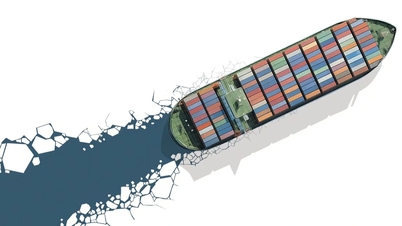
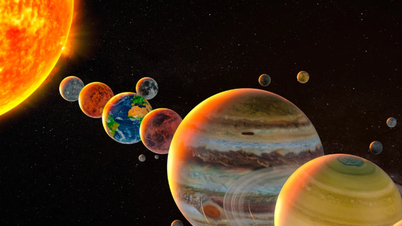

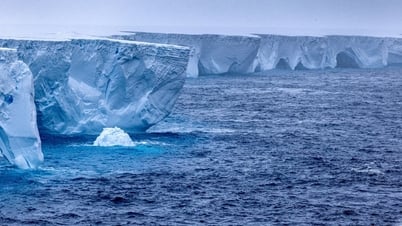
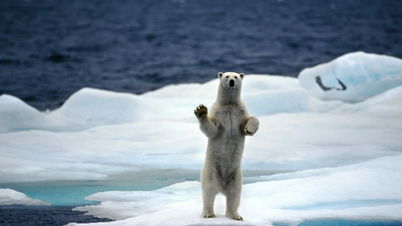



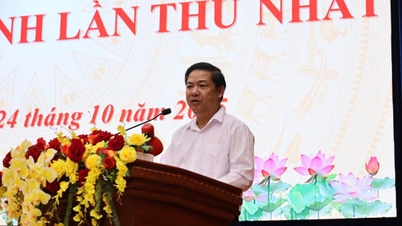

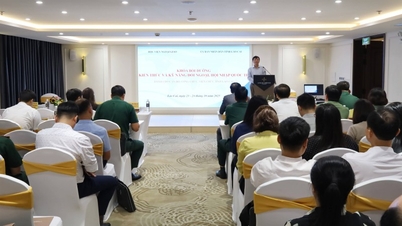
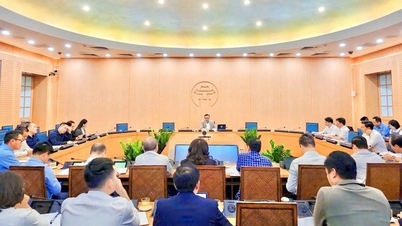
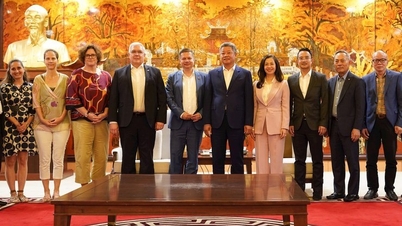
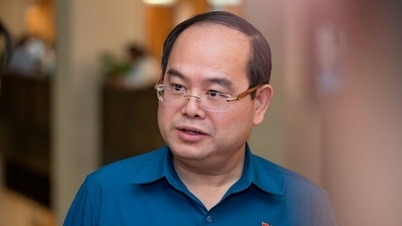








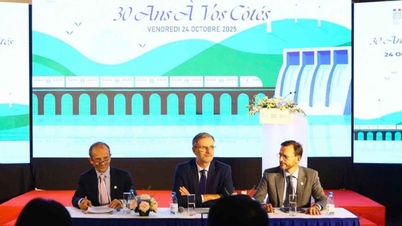
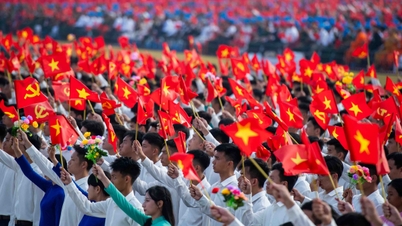





































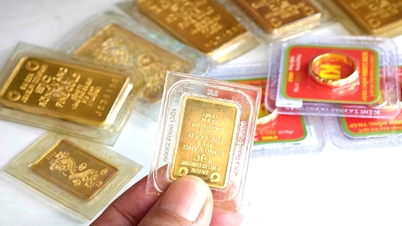
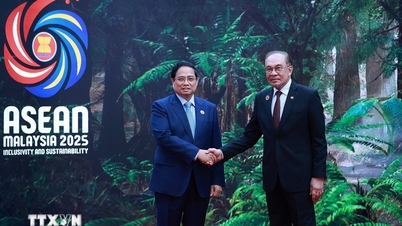



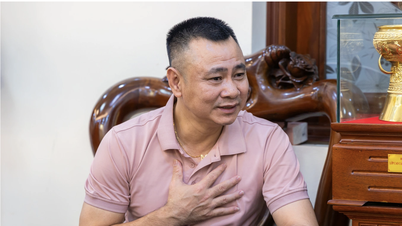
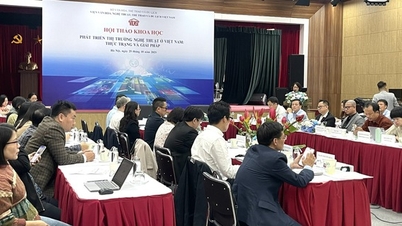

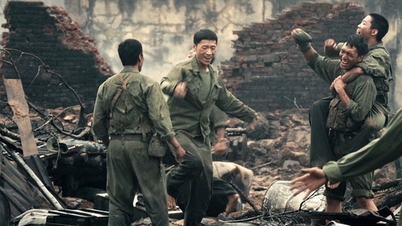


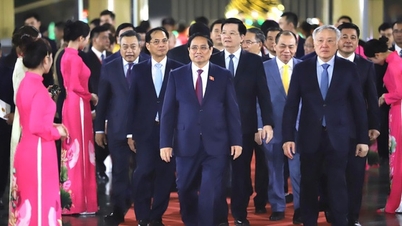
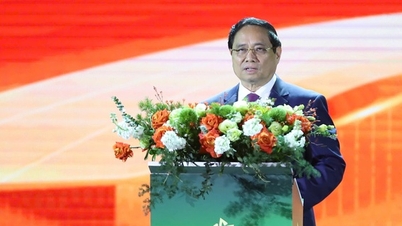


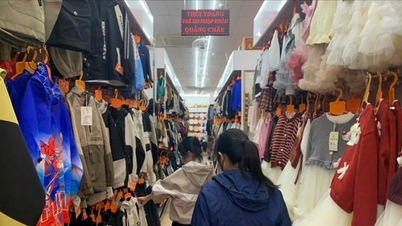

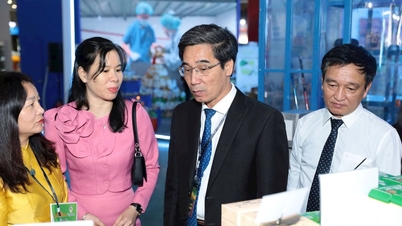

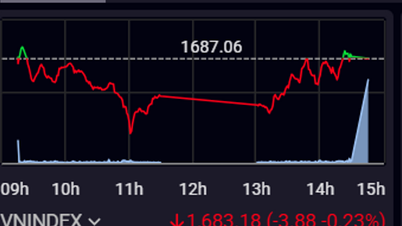


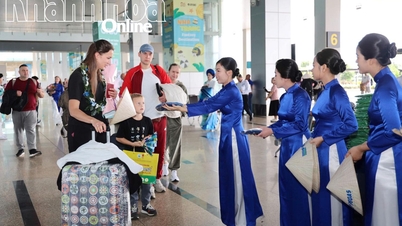
















Comment (0)